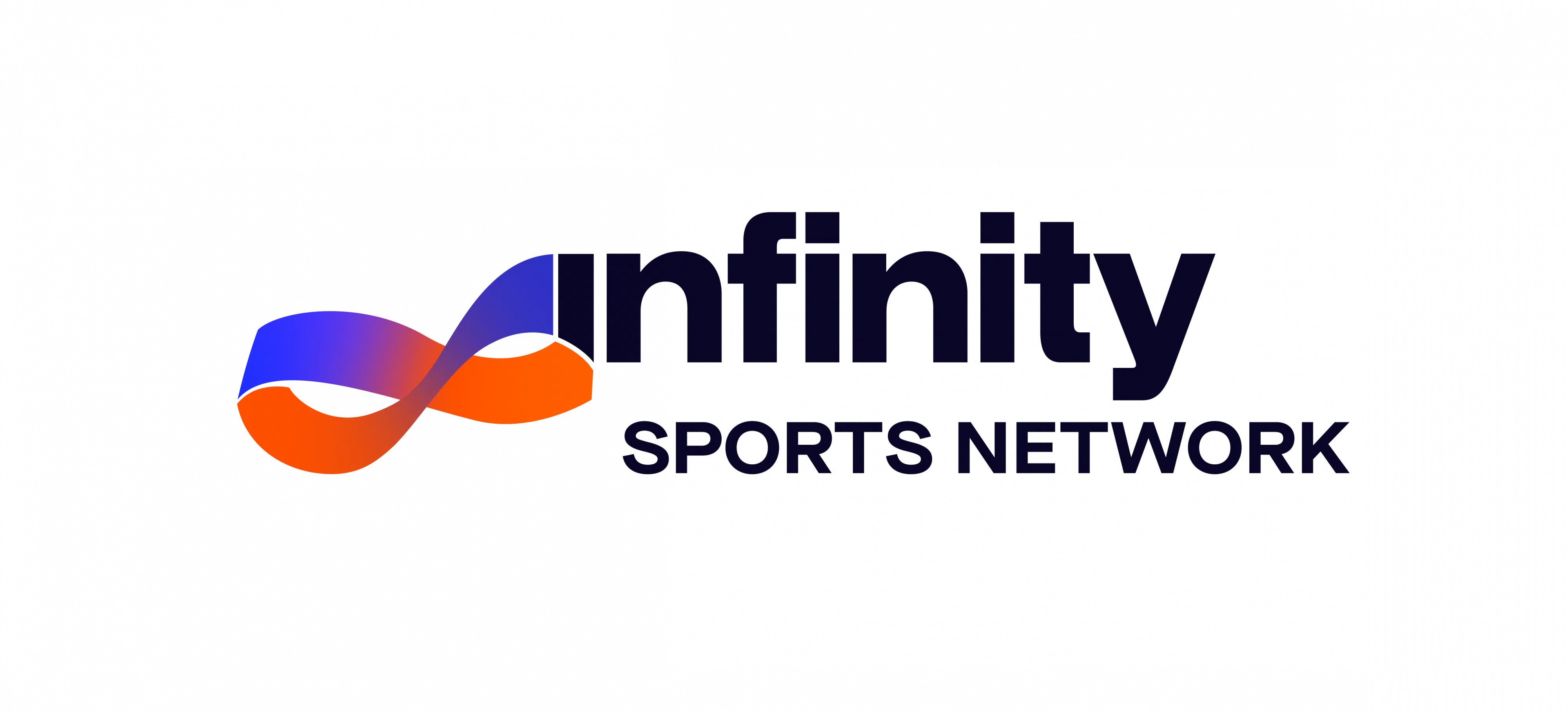By Karolos Grohmann
BERLIN (Reuters) – International Olympic Committee President Thomas Bach has suggested that instead of offering prize money for Olympic gold medallists in Paris, World Athletics should focus its funding on supporting athletes at the other end of the spectrum.
Athletics broke with a 128-year tradition in April by announcing it would become the first sport to offer $50,000 in prize money for its Olympic champions, starting in Paris this year.
The announcement by World Athletics (WA) President Sebastian Coe, who is also an IOC member but did not discuss his plan with the Olympic body, was welcomed by many athletes.
It was also met with surprise and sharp criticism by other international sports federations which accused Coe of failing to consult them prior to his unilateral move.
“This is not a discussion about prize money because prize money exists for decades,” Bach said in an online media roundtable on Friday.
“My (fencing) team mates and I in 1976, we received prize money for our gold medal through the foundation supported by the national Olympic Committee (of Germany). In the meantime this is more or less common practice among NOCs.”
Bach said while sponsors, governments or private institutions provided payments to athletes for Olympic success, the role of an international sports federation was not that.
“This question in principle is a question of how to support the athletes best,” Bach said, adding that his organisation reinvested 90 percent of its revenues, with national Olympic Committees and international federations (IFs) being major beneficiaries.
“The NOCs and IFs are major recipients of this money, of this share of the commercial success of the Games,” Bach said.
QUALITY GAP
He said that although the NOC’s role was to bring well-prepared athletes to the Games, the IFs had to make sure any investment was aimed at closing the quality gap among athletes.
“The role of the IFs… is they have to make every effort to try to close the gap between the athletes coming from privileged countries and those coming from less privileged countries,” Bach said.
“This is where this discussion (on the WA decision) is coming from,” he said.
Bach said he expected the Paris Games, starting on July 26, to be secure and successful despite the wars in Ukraine and Gaza and he was not expecting protests on the field of play, or athletes refusing to compete against those of other nations for political reasons.
“All indicators are showing that the whole world wants to participate and that the athletes who are coming will compete in full respect of the Olympic Charter,” he said,
The IOC has been supporting both the Israeli and Palestinian Olympic committees and should Palestinian athletes fail to qualify they would receive invitations as part of the Games’ universality quotas.
“This is what we are working for and this is why we are supporting both NOCs and supporting in particular the Palestinian athletes who have not qualified on the field of play,” Bach said.
“Then we would also, if they don’t qualify, provide them with invitations like for the other NOCs who have not qualified athletes to participate on an equal basis in Paris.”
He said isolated calls to ban Israeli or Palestinian athletes from attending had no grounds.
“Neither the NOC of Israel, nor the NOC of Palestine has violated the Olympic Charter like the Russian Olympic Committee has,” Bach said.
The Russian Olympic Committee was suspended last year after it recognised regional organisations from four territories annexed from Ukraine.
Russian and Belarusian athletes will compete in Paris but they will do so as neutrals without their flag, anthem or national emblems.
(Reporting by Karolos Grohmann, editing by Ed Osmond)



Comments